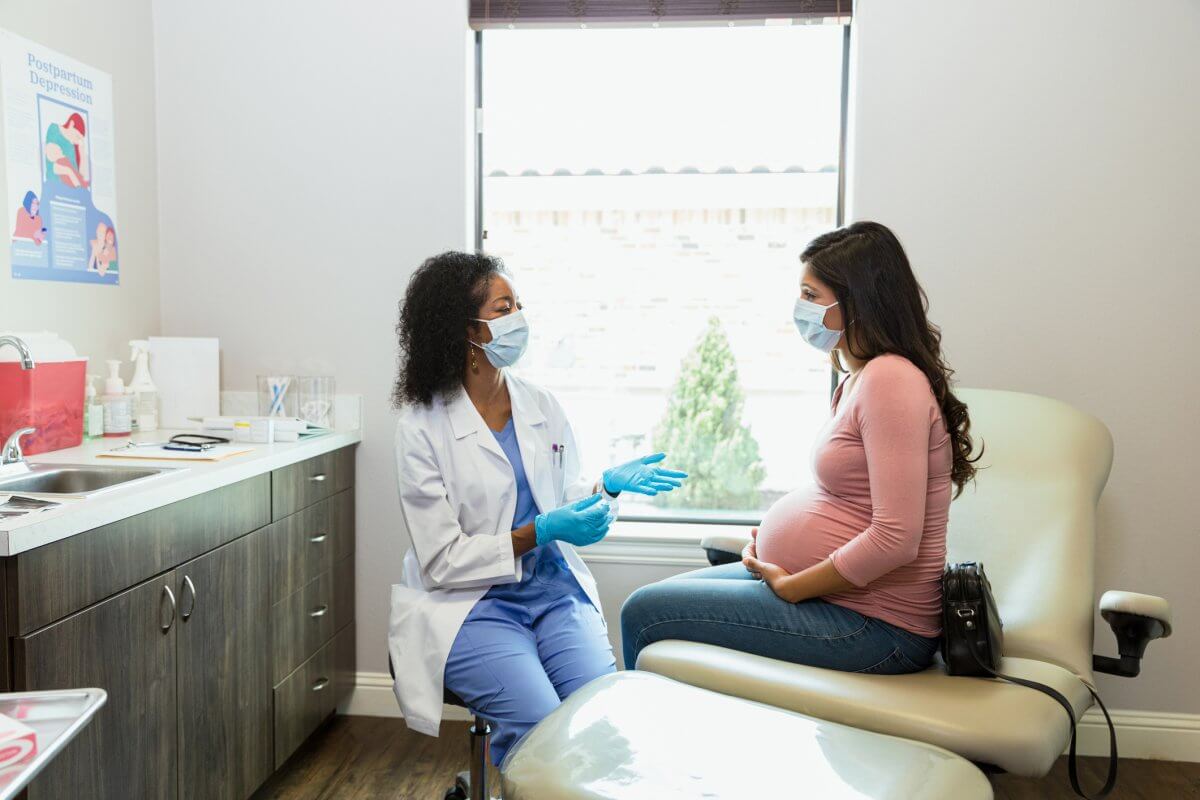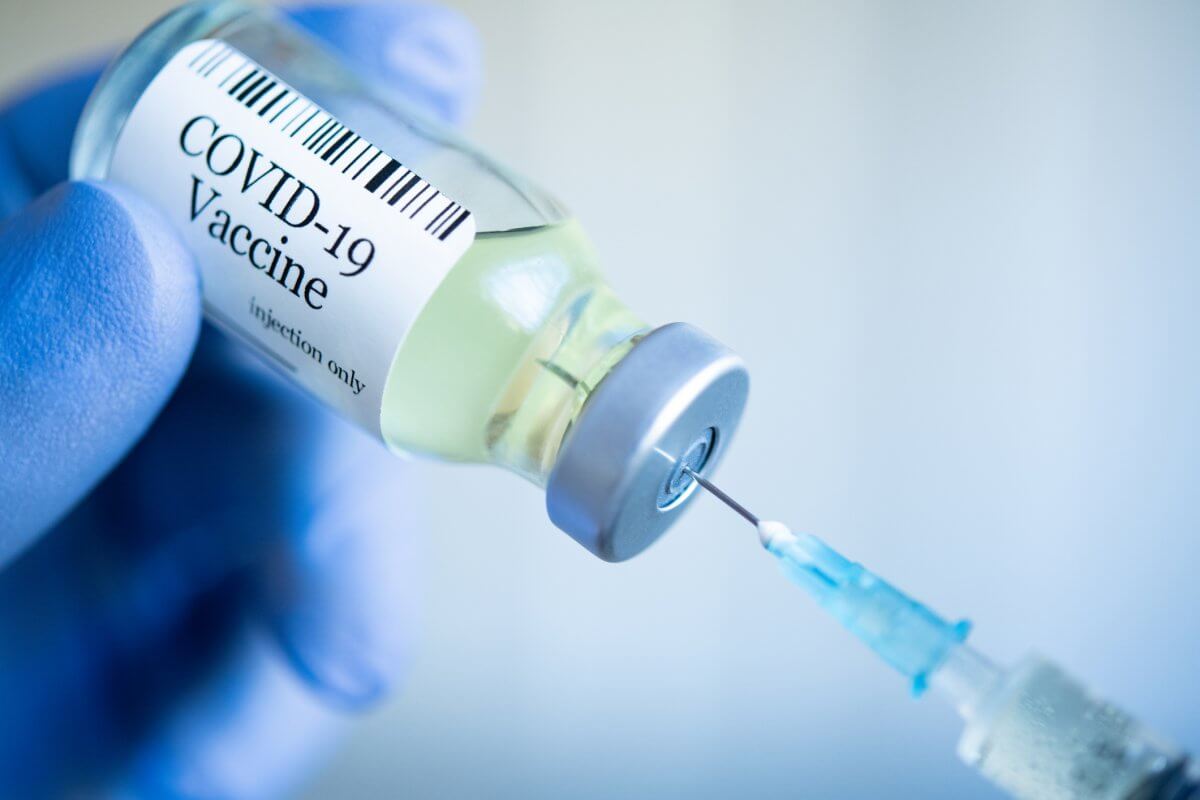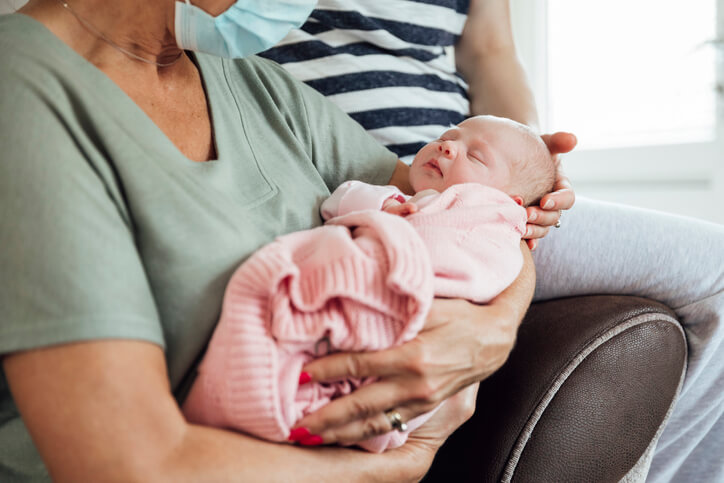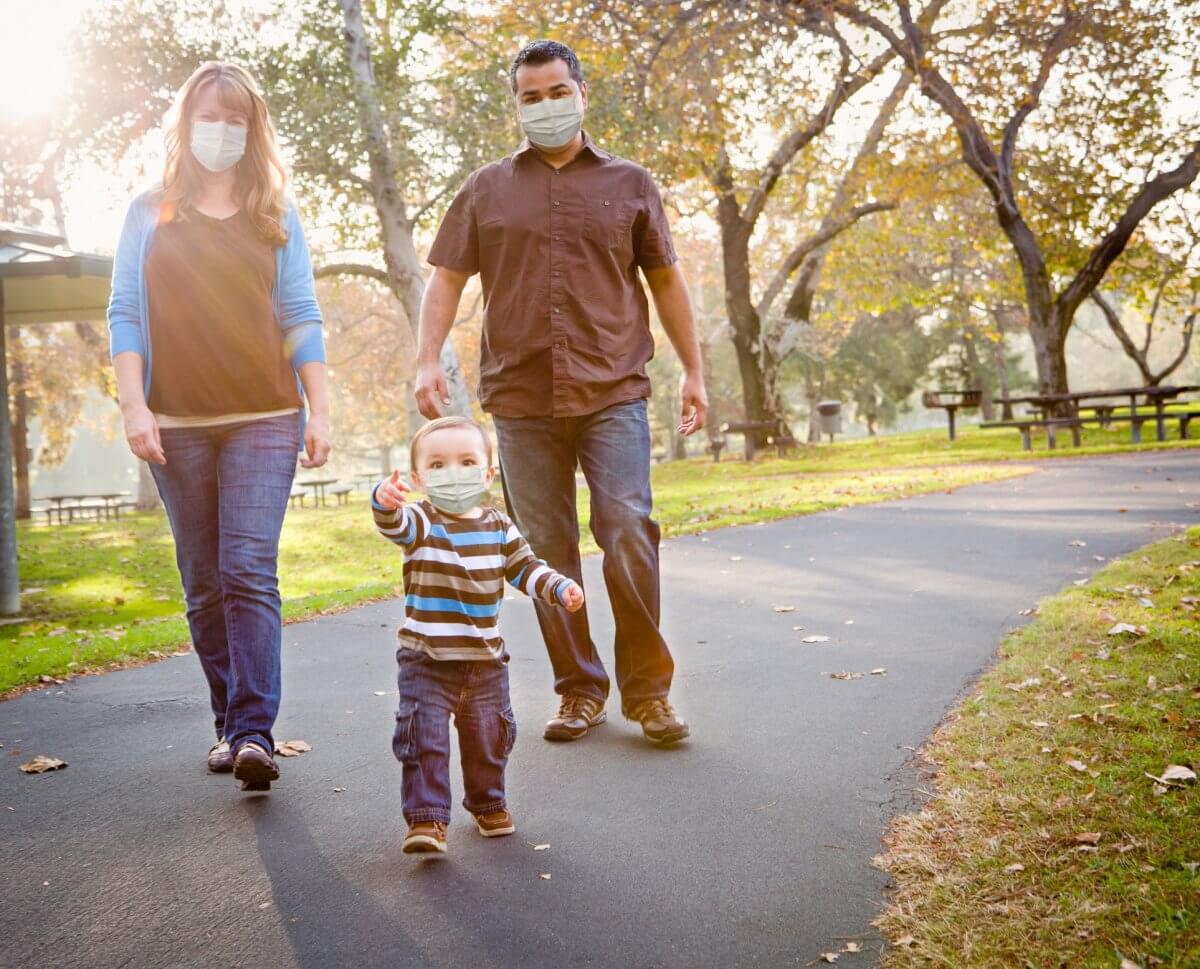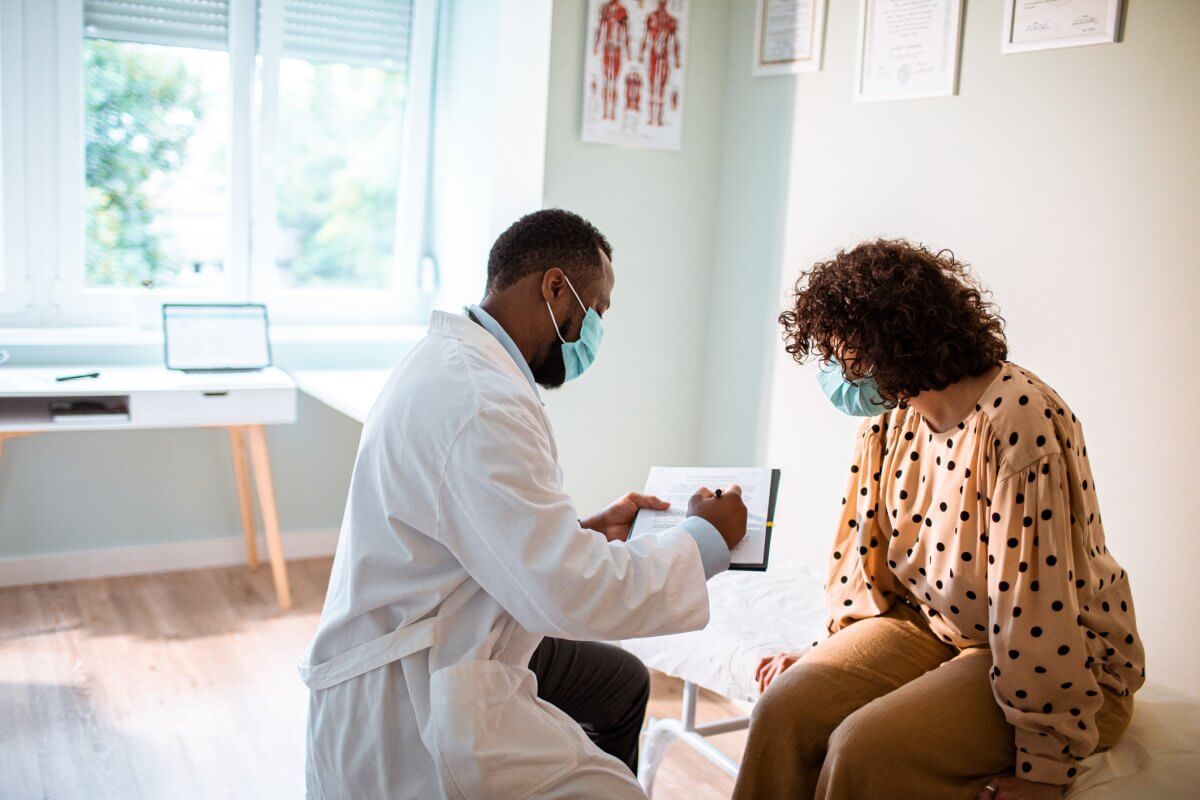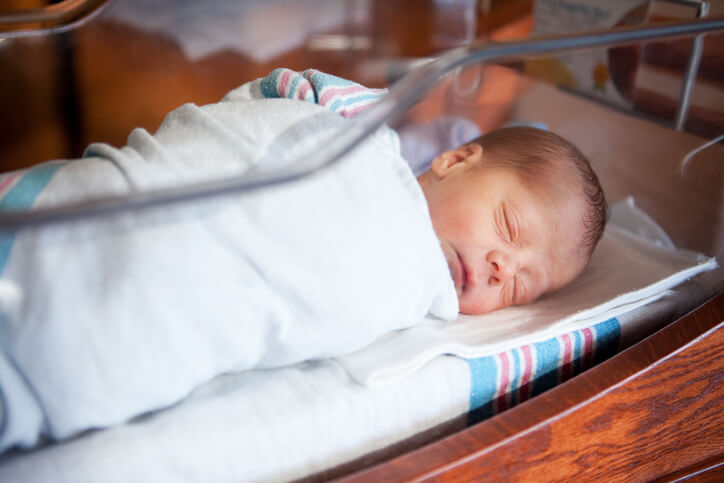The holiday season is about spending time with family and spreading cheer, but it’s also the time to be cautious about what else we are spreading. The colder months also mean flu season, typically involving a rise in common cold cases such as the respiratory syncytial virus (RSV).
RSV is a virus that can be particularly serious in newborns and children under 5 years old because it affects the lungs, respiratory system and breathing. This guide will help families protect their little ones during and after the gestational pregnancy. Let’s understand:
- What the symptoms are of RSV
- The precautions to take during pregnancy
- How milder cases of RSV can be treated at home
- When to seek treatment
- And more
What are the Symptoms of RSV?
The symptoms of RSV can look very similar to those of COVID-19 and the flu. People infected with RSV usually show symptoms within 4 to 6 days. Symptoms of the infection can include:
- Runny nose
- Sore throat
- Coughing then wheezing
- Fever
- Decrease in appetite
These symptoms usually appear in stages and not all at once. In very young infants with RSV, the only symptoms may be irritability, decreased activity, and difficulty breathing.
How to Prevent and Care for RSV
Each year in the United States, an estimated 58,000-80,000 children younger than 5 years old are hospitalized because of RSV infection. Infections in healthy children and adults are generally less severe than among infants and older adults with certain medical conditions.
Those at greatest risk for severe illness from RSV include:
- Premature infants
- Infants 6 months and younger
- Older adults and children younger than 2 years old with chronic lung disease
- Children and adults with weakened immune systems
- Children who have neuromuscular disorders, causing difficulty in swallowing or clearing mucus
But this virus is common and typically not severe. People will most likely get infected with RSV for the first time as an infant or toddler. In addition, nearly all children are infected before their second birthday.
There is no specific treatment for RSV infection, but researchers work tirelessly to develop helpful vaccines.
Help Prevent the Spread of RSV
Whether you made the selfless decision of being a surrogate or you are the intended parent, a child’s safety is always critical.
There are steps you can take to help prevent the spread of RSV. If you have cold-like symptoms, you should:
- Wash your hands often with soap and water for at least 20 seconds
- Clean frequently touched surfaces such as doorknobs and phones or tablets
- Cover your coughs and sneezes with a tissue or your upper shirt sleeve, not your hands
- Avoid close contact, such as kissing, shaking hands and sharing cups with others
RSV can spread in many different ways, like when:
- An infected person coughs or sneezes
- You get virus droplets from a cough or sneeze in your eyes, nose or mouth
- You have direct contact with the virus, like kissing the face of a child with RSV
Most RSV infections go away on their own in a week or two. But, repeat infections may occur throughout life, and people of any age can become infected.
Steps to Relieve Symptoms at Home
In the U.S., RSV circulation generally starts during fall and peaks in the winter. The timing and severity of RSV circulation can vary from year to year.
- Manage fever and pain with over-the-counter fever reducers and pain relievers, such as acetaminophen or ibuprofen (Never give aspirin to children).
- Keep your child hydrated with water and electrolyte drinks to prevent dehydration (loss of body fluids).
- Talk to your healthcare provider before giving your child nonprescription cold medicines. Some medicines contain ingredients that are not good for children.
When to See the Pediatrician or Visit an Emergency Center for RSV
Some cases of RSV can be serious and cause severe illnesses such as:
- Bronchiolitis
- Pneumonia
- And more
If your child has any of the following symptoms, you should contact your pediatrician immediately:
- Fast, labored breathing
- Discolored skin, lips or nails
- Dehydration
- Symptoms worsen or do not improve after 10 days
In the most severe cases, hospitalized patients may require oxygen, IV fluids and/or mechanical ventilation. Most improve with this type of supportive care and are discharged in a few days.
For pregnant women, RSV infection may pose a substantial risk for hospitalization and further complications, and the infection is likely worsened in the setting of baseline pulmonary diseases, such as asthma and tobacco use.
***
Talk to your healthcare provider today If your child is at high risk for severe RSV disease. For more information regarding the late stages of the surrogacy process, you can contact an American Surrogacy specialist now. Get started today and grow your family through surrogacy.
